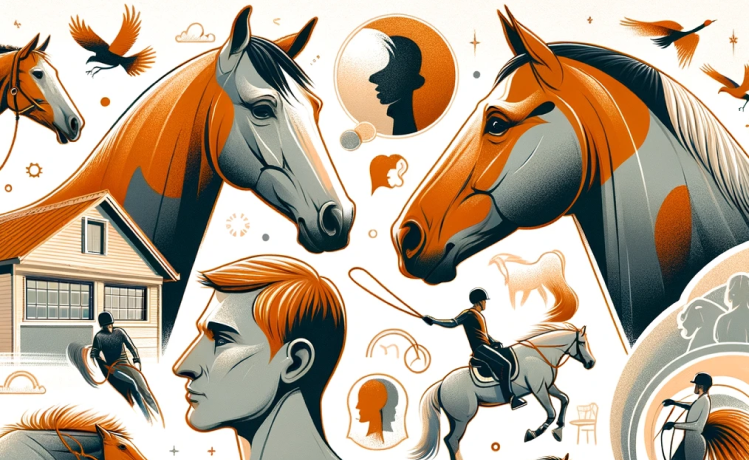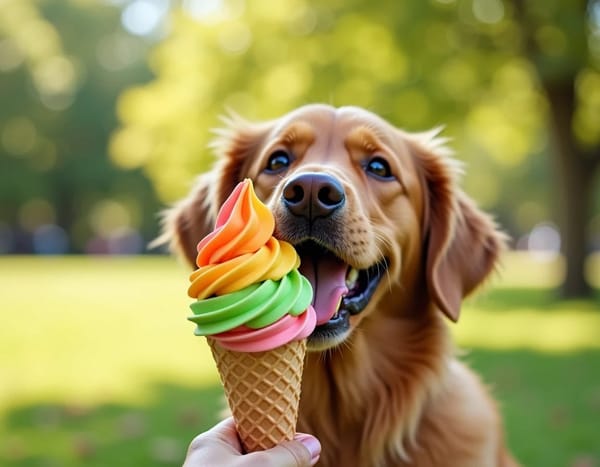Horse Behaviour and Psychology: An Owner's Guide

Understanding horse behaviour and psychology is essential for any horse owner who wants to build a strong bond with their animal companion. Horses are complex creatures with unique personalities and quirks, and learning how to communicate with them can make all the difference in their training and overall well-being. In this comprehensive guide, we'll delve into the fascinating world of horse behaviour and psychology, exploring topics ranging from communication and socialization to aggression and anxiety.
Communication with Horses
Effective communication is key to understanding and managing horse behaviour. Horses rely heavily on nonverbal cues, such as facial expressions, body language, and tone of voice, to interpret human signals. Learning how to read these cues and respond appropriately can help establish trust and strengthen the bond between you and your horse.
When communicating with your horse, it's important to remain calm and consistent. Yelling, hitting, or using forceful tactics can be harmful and may even exacerbate unwanted behaviours. Instead, try using positive reinforcement methods, such as verbal praise, treats, and touch, to encourage desired behaviours.
Socialization and Training
Socialization and training are crucial for helping your horse develop confidence and self-control. Exposing your horse to different environments, people, and animals can help them become well-adjusted and less reactive. Positive reinforcement training methods, such as clicker training and ground poles, can also help teach your horse-specific skills and behaviours.
It's important to remember that every horse is unique, and what works for one may not work for another. Working closely with a qualified trainer or veterinarian can help you develop a customized training plan that meets your horse's individual needs and goals.
Aggression and Anxiety
Aggression and anxiety are common issues in horses, and can stem from a variety of causes, including pain, fear, and lack of socialization. Identifying the root cause of aggressive or anxious behavior is essential for developing an effective management plan.
Some common signs of aggression and anxiety in horses include biting, striking, bucking, and avoiding eye contact. Seeking professional help from a veterinarian or experienced trainer can help identify the underlying cause and develop a treatment plan.
Stress Management
Stress is a normal part of life for horses, but chronic stress can lead to a range of health problems, including digestive issues, skin conditions, and behavioral disorders. Managing stress in your horse involves providing a safe and comfortable living environment, ensuring adequate nutrition and exercise, and minimizing potential sources of stress, such as loud noises or sudden changes in routine.
Regular check-ins with your veterinarian can also help identify any underlying health issues that may be contributing to stress in your horse.
Emotional Bonding
Building emotional bonds with your horse is essential for their overall well-being and happiness. Spending quality time with your horse, engaging in activities such as grooming, feeding, and riding, can help foster a strong connection between you and your animal companion.
Additionally, practicing empathy and compassion towards your horse can help build trust and mutual respect. Being attentive to your horse's needs and responding to their emotions can go a long way in establishing a strong bond.
Conclusion
Understanding horse behaviour and psychology is essential for any horse owner who wants to build a strong bond with their animal companion. From communication and socialization to aggression and anxiety, there are many factors to consider when managing your horse's behaviour. By working closely with a qualified trainer or veterinarian, and practising patience, consistency, and empathy, you can help your horse thrive and live a happy, healthy life.
With the right knowledge and resources, you can play an active role in promoting your horse's well-being and happiness. Building a strong bond with your horse is not only rewarding but can also enhance your own personal growth and development. So take the time to learn about horse behaviour and psychology, and start building a deeper connection with your beloved animal companion today.
#horsebehavior #psychologyofhorses #horseriding #equinepsychology #horsemanship




